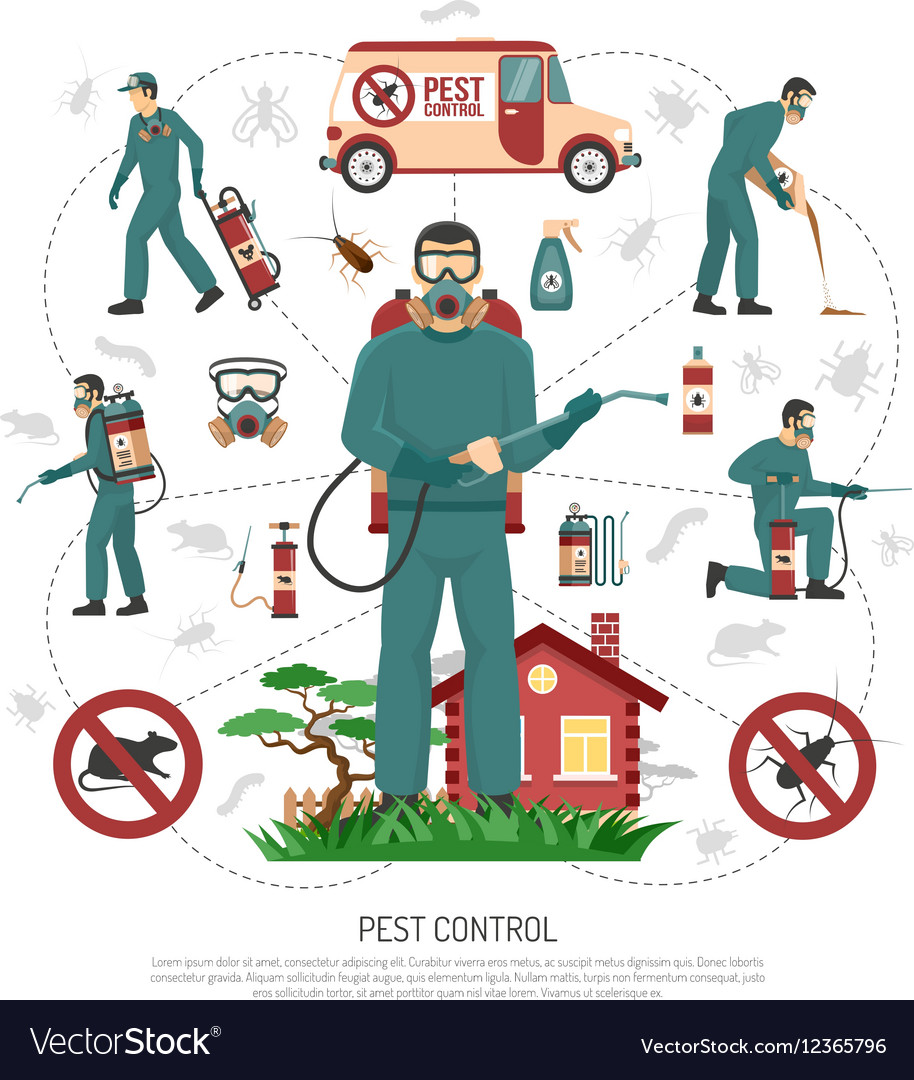The Duty Of Insect Control In Food Safety And Health
The Duty Of Insect Control In Food Safety And Health
Blog Article
Content Develop By-Clark Johns
Are you aware of the hidden dangers that pests posture to the safety and hygiene of your food? From rodents to bugs, these unwanted site visitors can infect your ingredients, surfaces, and storage space locations.
This post explores the essential function of bug control in maintaining the highest possible requirements of food safety and security and health. Discover efficient approaches and prevention steps that will aid you shield your company, clients, and online reputation.
Do not allow insects endanger the high quality of your food.
The Effect of Parasites on Food Safety And Security and Health
In your kitchen area, parasites can have a significant influence on food safety and security and hygiene. Local pest control companies , such as rodents, pests, and cockroaches, can contaminate your food, surfaces, and utensils with hazardous bacteria, infections, and bloodsuckers. They can quickly access your pantry, closets, and also your refrigerator, leaving behind droppings, pee, and hair.
Not just can they spoil your food by eating with packaging, yet they can additionally spread out illness like Salmonella, E.coli, and Listeria. Visualize preparing a dish for your family members, uninformed that the ingredients you're utilizing are currently polluted.
It's vital to take instant action to prevent and manage insects in your kitchen. Routine cleansing, correct food storage space, and professional parasite control measures are essential to ensure food security and maintain a hygienic setting in your kitchen.
Efficient Bug Control Approaches for the Food Market
Executing reliable bug control strategies is critical for keeping food safety and hygiene in the food sector. By implementing these strategies, you can protect against parasites from contaminating the food and make certain that your items are safe for usage.
One reliable technique is to consistently evaluate and check your center for signs of bug activity. This includes checking for droppings, nests, or any kind of damage brought on by insects.
It's also vital to seal all entry points to avoid bugs from going into the center. Regular cleansing and sanitation are important, as parasites are brought in to food residue and spills.
Furthermore, correct waste management is vital to stop the buildup of food waste that can attract pests.
Preserving Hygiene Requirements Via Pest Avoidance Actions
To preserve hygiene standards, you have to routinely carry out parasite prevention procedures. By taking proactive steps to prevent bugs from entering your food establishment, you can guarantee the security and sanitation of your premises. Below are some effective insect avoidance procedures to consider:
- Seal all cracks and crevices: Bugs can enter through also the smallest openings. Consistently inspect and seal any type of gaps in doors, windows, wall surfaces, and floorings to maintain bugs out.
- Proper waste administration: Dispose of food waste quickly and securely in sealed containers. This will certainly decrease the attraction of insects and avoid invasions.
- Regular cleaning and sanitizing: Preserving cleanliness in your establishment is critical. Routinely clean and sanitize all locations, paying unique interest to areas where insects may hide or reproduce.
- Implement a monitoring system: Consistently examine your facilities for signs of bug task. Install bug surveillance devices, such as catches or sensing units, to identify and deal with any kind of prospective concerns beforehand.
Verdict
So bear in mind, when it pertains to food safety and security and hygiene, insect control plays a critical duty.
By carrying out efficient insect control methods and safety nets, we can make certain the greatest criteria of tidiness and security in the food industry.
Do not let https://www.liveinternet.ru/users/gay_mcintyre/post510979218 compromise the top quality of our food; let's stand together and protect our wellness and health.
